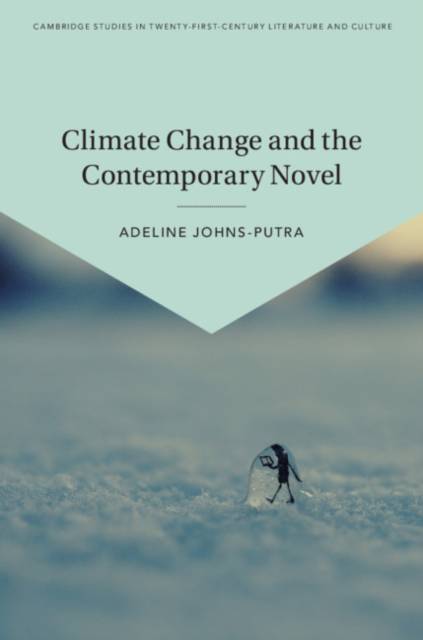
Je cadeautjes zeker op tijd in huis hebben voor de feestdagen? Kom langs in onze winkels en vind het perfecte geschenk!
- Afhalen na 1 uur in een winkel met voorraad
- Gratis thuislevering in België vanaf € 30
- Ruim aanbod met 7 miljoen producten
Je cadeautjes zeker op tijd in huis hebben voor de feestdagen? Kom langs in onze winkels en vind het perfecte geschenk!
- Afhalen na 1 uur in een winkel met voorraad
- Gratis thuislevering in België vanaf € 30
- Ruim aanbod met 7 miljoen producten
Zoeken
Climate Change and the Contemporary Novel
Adeline (University of Surrey) Johns-Putra
€ 127,45
+ 254 punten
Omschrijving
The growing number of contemporary climate change novels tend to frame global warming in terms of our relationship to our children and the generations to come. Johns-Putra investigates how such fiction might help us to better understand our ethical responsibilities to the future in a time of great ecological peril.
Specificaties
Betrokkenen
- Auteur(s):
- Uitgeverij:
Inhoud
- Aantal bladzijden:
- 196
- Reeks:
Eigenschappen
- Productcode (EAN):
- 9781108427371
- Verschijningsdatum:
- 21/03/2019
- Uitvoering:
- Hardcover
- Afmetingen:
- 152 mm x 227 mm
- Gewicht:
- 432 g

Alleen bij Standaard Boekhandel
+ 254 punten op je klantenkaart van Standaard Boekhandel
Beoordelingen
We publiceren alleen reviews die voldoen aan de voorwaarden voor reviews. Bekijk onze voorwaarden voor reviews.









